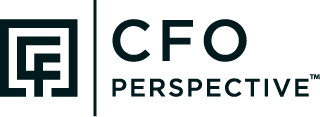Quick Insight
A popular acronym for effective goals is SMART (specific, measurable, attainable, relevant, and time-based). Here are some tips for building better SMART goals.
Goals clarify how a company defines success in achieving its strategies. Broad strategies like "increasing sales" mean little to all employees and are interpreted differently by every employee. A specific goal like "Sales increase of 100,000 units" helps to communicate the success criteria.
Ineffective goals are vague and lack accountability. A popular acronym for effective goals is SMART (specific, measurable, attainable, relevant, and time-based). Here are the specific requirements for an effective goal:
Deadline: Goals without deadlines never get done. A final deadline and intermediate milestone deadlines track timely progress toward goal achievement.
Accountability: Assign primary responsibility to one person. When more than one person is accountable, no one is accountable.
Metrics: Goals are measurable when they have at least one objective metric. You may also want to set metrics that are in tension with each other. Look at what happened during the banking crisis in the Great Recession. Many banks had lending goals that basically said: "make more loans." Promoting that goal along with profitability and risk metrics would have led to fewer future losses.
Targets: Metrics are what you measure, and targets are the metric value you will achieve. Metrics say what measure we use for success and targets say exactly how much of that measure is considered a success.
I wish you the SMART business goals to achieve your vision. I wish you well.
- Rob Stephens
Further Insight
CFO Perspective Resources
Get all the CFO Perspective resources with a FAST (Finance and Strategy Toolkit) membership.
